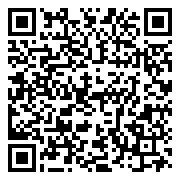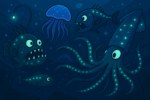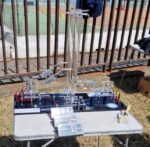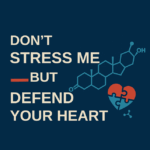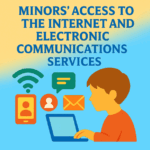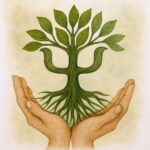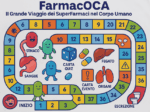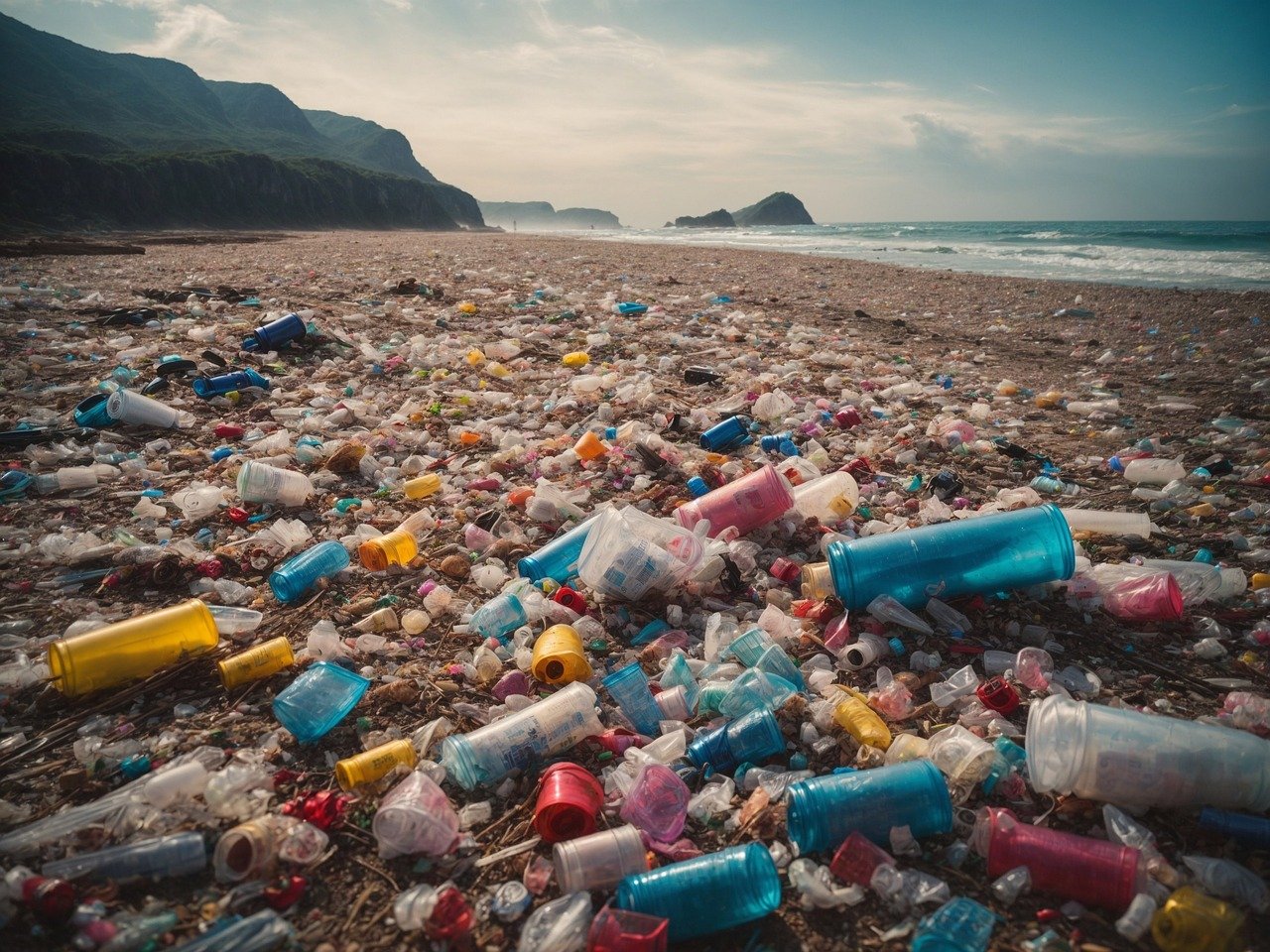
POLLUTION, CLIMATE CHANGE, AND BIODIVERSITY, FROM NATIVE TO ALIEN SPECIES: A MICRO-WORLD TO BE DISCOVERED!
In recent years, pollution has devastated our planet, affecting the health of habitats and ecosystems, particularly the seas and oceans, which are continually exposed to various contaminants. Pollution also affects the climate, resulting in higher temperatures and altered seasonal cycles. All these factors cause changes in marine biodiversity, which faces increasingly diverse and, at times, hostile environmental conditions. The use of histological materials (paraffin blocks, slides, biological specimens, morphological staining) will enable viewers to participate in the steps of a hypothetical marine animal research project, which will assess the environmental impact of the species in question. The project will present and analyze native Mediterranean and alien species. In addition, a QR code with microscopic images, explanations, and information will be provided on the various species and the study tools and their applications to bio-monitor the health of the marine ecosystem.
PARTECIPANTI: Alessio Alesci, Sebastian Marino, Lorenza Mastrantonio, Carmelo Mastrantonio, Angelo Giliberti, Filippo Pellicanò, Laura Spiccia, Stefania Fiorentino
